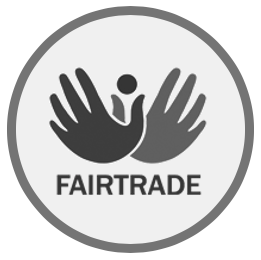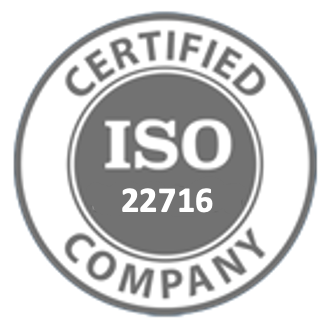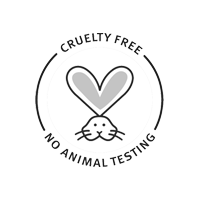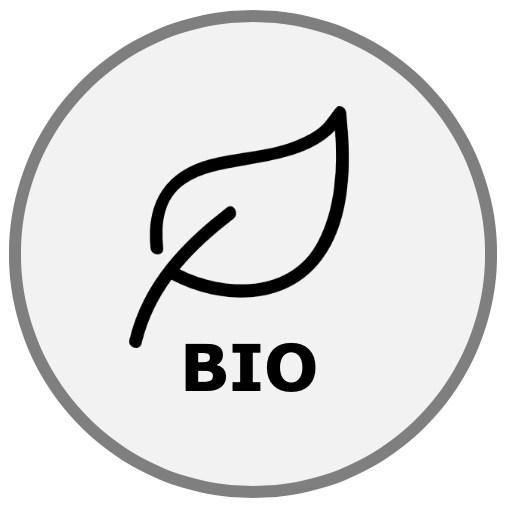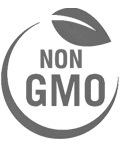PhytoVero - organic cosmetics philosophy
philosophy
PhytoVero develops products which, from the raw material, ingredients, effects and formulation, packaging, shipping to disposal and reinvestment, fully correspond to our ideas of sustainability in both the social and ecological sense. We emphasize the following points:
The raw materials / ingredients we use:
Our aim is to purchase all the raw materials we use from suppliers from whom we know that socio-ecological sustainability and organic quality are guaranteed. In part, this is not easy because the various processing steps conceal the actual origin of the raw material. Meanwhile we go so far that we manufacture various components ourselves in order to know the origin and quality of all our products.
We are working on this and indicate on each product which portion of the ingredients is already completely retraceable. This is our sustainability index.
For example, our coconut oil supplier Dr. Goerg (www.drgoerg.com) works directly on site with Philippine small farmers in development projects, ensures fair trade conditions and controls organic cultivation and production on site.
We only use raw materials and ingredients that are health compatible and at least of food quality. Our attitude is: Only what you can eat without hesitation will get on our skin!
Our skin is often understood as an impenetrable barrier. The skin, our largest organ in terms of area, is more permeable than one might think. Many chemicals often penetrate the skin without problems and can be detected in the blood within minutes.
We do not want to burden our body additionally and leave out the unwanted substances already in the formulation.
On the subject of palm oil, we generally agree with the views of the WWF, Greenpeace and Natrue on this issue. At present, we are completely abandoning palm oil and palm oil derivatives such as hardened palm oil glycerides until global demand has normalized.
On the subject of '100% naturally' or where we have to compromise:
If we want to produce e.g. a soap directly from a vegetable oil, we have to use lyes. There is no other way. Sodium hydroxide, potassium hydroxide, magnesium hydroxide or zinc hydroxide are manufactured however exclusively synthetically. Furthermore, we do not want to do without the following natural active ingredients. Hyaluronic acid, provitamin B5, vitamin B12 and vitamin C, substances which today are almost 100% biotechnologically produced.
The formulations:
Simple, direct and honest compositions! Each ingredient must be absolutely human-compatible, potentially edible, tested in its effect and should be able to unfold its most caring and positive sides. Often less is more: Reduce to the max!
Why we use which ingredients can be read in the product descriptions under Ingredients. Each component has its meaning and unfolds its potential in interaction with the other ingredients of the product. This is teamwork on a molecular level.
The preservation / stabilization of the products:
Every commercially available cosmetic product must be preserved. Otherwise, fungi and bacteria would grow in it in a very short time. We all want to do without a mouldy face cream in the morning. The only way to avoid the use of preservatives is to use the product freshly prepared from the refrigerator, which only very few of us do because we don't have the time or the infrastructure. So the question arises, how can we simultaneously prevent microorganisms from growing and at the same time be sure that the skin flora is not damaged when applying cosmetics?
This is exactly where we have a patented solution. We use silver in the form of silver ions, which are structurally embedded in a matrix. This matrix is of plant origin and protects the silver ions from oxidation. Even in high concentrations (500ppm) silver ions are absolutely harmless. Silver is ubiquitous, i.e. omnipresent, and man has adapted to silver and its ions over thousands of years. However, microorganisms can be prevented from growing even by tiny concentrations of silver. In humans, allergies to silver are extremely rare to non-existent. People with a silver allergy do not react directly to silver, but rather to a metal of the silver alloy.
We preserve our products exclusively with our ►silver technology, unless the proportion of bioethanol (Knospe) is already sufficient to stabilize the formulation.
Like all other companies producing cosmetic products, we are also obliged to test our products by means of the so-called PST (preservative stress test according to ISO 11930-2013). All our products meet these ISO standards.
Packaging / disposal:
As always, packaging is a problem. We would prefer a "zero waste" concept. After examining the possibilities, from glass to wood cans and many others, we have at present defined ourselves as follows: All materials should be recyclable and the hygiene and light sensitivity of the products must not be neglected. This means that open glass jars for water-based products are normally no longer required. We have now selected the aluminium tube for all creams and ointments. Although the production of Alutube consumes more energy, it comes from renewable sources (water) at our Austrian supplier and is therefore almost CO2 neutral. Aluminium tubes are 100% recyclable and are indeed recycled (>85% return rate in Switzerland). PP/PE plastic is out of the question for us because it is a petroleum product, not recyclable, extremely poorly degradable and often ends up in the oceans rather than in the garbage. Wherever we can't get any further with aluminium tubes, we use either glass or PET (100% recycled) to achieve our goal of 100% recyclability.
Our LipBalm packaging is 100% food grade paper and 100% recyclable.
Individual components of our packaging do not yet meet our goals. Therefore we will throw ourselves into the field in the next few months and look for real innovations. And if we don't find one, we will have to invent some!
Label
Sure thing. Trust is good, control often makes sense.
We investigated the label system and unfortunately had to find out that "greenwashing" is also carried out in the cosmetics sector. The problem here is as follows: By means of a label, consumers are led to believe that they are buying an ecologically harmless product. This trust tempts consumers to buy even more of those products. In fact, often only empty or incomplete promises are made and these are not kept. In this sense, a label that is not fully thought through does more harm than good.
Since we strive for 100% controlled sustainability and are already normally at over 90% of the sustainability index today, we are currently clarifying to what extent the COSMOS Bio Label would be appropriate for us.
It cannot be ruled out that PhytoVero will be part of a sensible cosmetic label in the future. We stay tuned !





